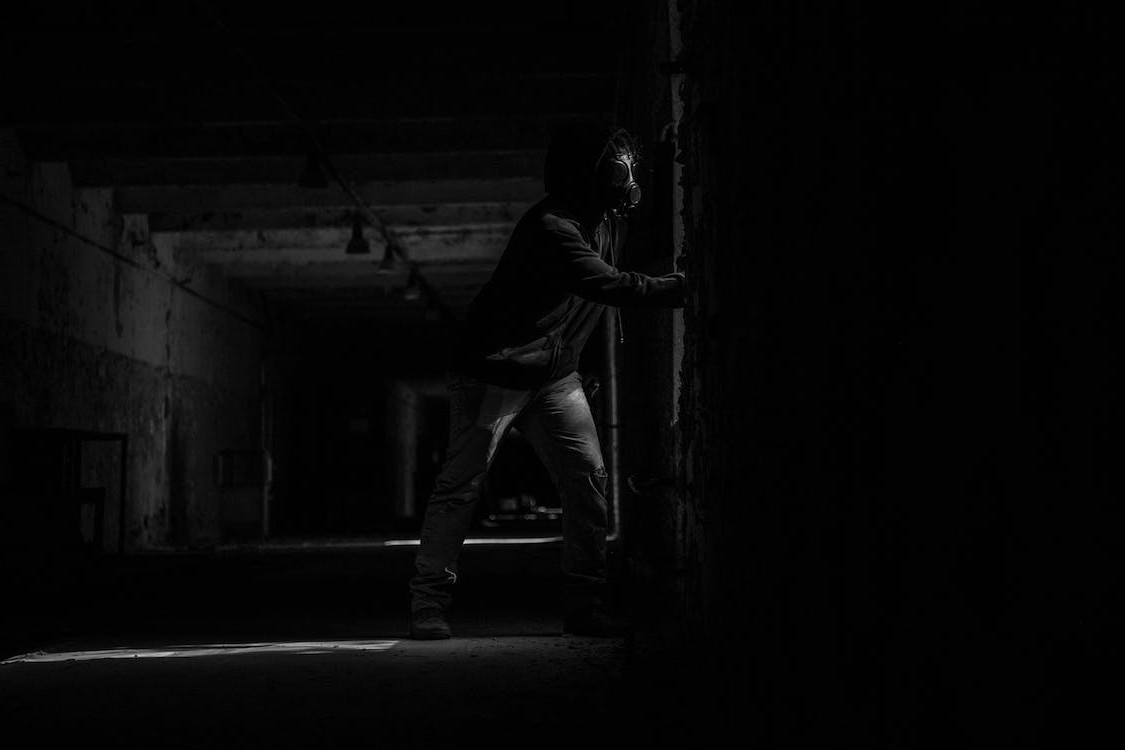Bridging the Gap: Uniting for Recovery from Benzodiazepine Addiction
In the vast journey of addiction recovery, the road is often winding and steep, but the right companions can make all the difference. Particularly with benzodiazepine addiction, the power of connectivity and shared experiences can light the way, making the path less daunting.
As you venture forth into the realm of peer-led support groups, you’ll discover a space where shared experiences and empathy take center stage. But how do these groups truly help in addiction recovery? To understand this, you’ll need to delve deeper into the heart of what these groups provide. It’s a platform for mutual understanding and shared strength, an opportunity for you and your peers to draw from one another’s experiences and resilience. They bring together people who’ve walked similar paths, encountered similar struggles, and triumphed over similar hurdles. You can glean valuable insights from their successes and their missteps, equipping you with a more comprehensive understanding of the recovery journey.

On the flip side, online recovery communities present a more contemporary, accessible approach to finding support. Their rise can be largely attributed to the evolving digital age, enabling you to receive support whenever and wherever you need it. As anonymity and convenience become increasingly important, especially for individuals initially seeking help, these platforms can provide a comfortable starting point. Imagine logging onto a platform late at night, during a moment of struggle, and finding a community ready to offer support. You can share your fears, your doubts, and your triumphs without the pressure of face-to-face interactions. The digital wall provides a protective barrier, allowing you to open up at your own pace.
But it’s not just about peer support and online communities. There’s also the indispensable value of professional help. While peers can offer invaluable emotional support and shared experiences, professionals bring a different, equally important, set of skills to the table. Therapists, psychologists, and medical doctors have years of training and experience dealing with addiction recovery. They can provide you with evidence-based treatment strategies, monitor your progress, and adjust your treatment plan as needed. This structured, individualised approach ensures that your recovery journey addresses your unique needs and circumstances.
In essence, a well-rounded recovery plan should incorporate elements of peer support, online connectivity, and professional guidance. Each offers different, yet complementary, benefits that can provide you with the comprehensive support you need. Through peer-led support groups, you can tap into the power of shared experiences; through online communities, you can access support at any time; and through professional help, you can ensure your recovery journey is guided by expert knowledge and evidence-based strategies.
Venturing beyond the surface layers of benzodiazepine addiction recovery reveals a myriad of additional support structures. Holistic therapies, family and friends involvement, and self-care practices are emerging as powerful allies in the fight against addiction.
Holistic Therapies
Holistic therapies such as yoga, mindfulness, meditation, and acupuncture are gaining momentum in the field of addiction recovery. These practices can help you manage withdrawal symptoms, stress, and anxiety associated with recovery. They promote self-awareness and balance, complementing the more traditional aspects of recovery.
Involvement of Family and Friends
The role of family and friends is often overlooked but holds immense importance. Their support, understanding, and love can provide emotional stability and reassurance during your recovery journey. They can join you at therapy sessions, help ensure adherence to treatment plans, and simply be there to listen when you need them most.
Self-Care Practices
Prioritizing self-care during recovery can greatly influence outcomes. Eating a balanced diet, getting regular exercise, and ensuring adequate sleep are key self-care practices. These factors can influence mood, energy levels, and overall health, thereby supporting a more effective recovery.
Unveiling Additional Layers of Support
| Holistic Therapies | Family & Friends Involvement | Self-Care Practices | |
|---|---|---|---|
| Benefits | Manages withdrawal symptoms; Promotes balance | Emotional stability; Reassurance | Influences mood; Supports health |
| Challenges | Not always accepted as conventional treatment; Availability | Potential emotional strain; Understanding addiction | Requires commitment; Time management |
FAQ
1. Are holistic therapies effective in benzodiazepine addiction recovery?
Holistic therapies can be beneficial for managing withdrawal symptoms and promoting mental balance. However, they should be used as a complement to, not a replacement for, traditional treatment methods.
2. How can family and friends support someone in recovery?
Family and friends can support you by understanding your journey, accompanying you to therapy sessions, helping you stick to your treatment plan, and offering emotional support. Their involvement can provide a much-needed emotional anchor during your recovery.
3. How important are self-care practices during recovery?
Self-care practices are vital during recovery. They help manage mood, boost energy levels, and promote overall health, all of which can significantly influence recovery outcomes.
Navigating benzodiazepine addiction recovery is no easy task, but remember that you are not alone. There is an array of support available, from peer-led support groups and online communities to professional guidance. Supplementing these with holistic therapies, involvement from family and friends, and diligent self-care practices can create a robust support system. Each aspect brings a unique contribution, helping to shape a recovery journey that caters to your unique needs and circumstances.
Remember, recovery is not a destination, but a journey. It is marked by numerous small victories, each one a testament to your strength and resilience. As you face each challenge, know that you have a network of support at your disposal, ready to provide aid and encouragement. Be it the shared experiences from your peers, the round-the-clock support from online communities, the guidance from professionals, or the comforting presence of loved ones – each component is there to aid you on your journey.
With every step you take, you are moving closer to your goal of recovery. The road may be challenging, but you are not walking it alone. Lean on your support system, trust in the process, and believe in your ability to overcome. Embrace each day as an opportunity for growth and remember, as long as you keep moving forward, you are making progress. In the words of Robert H. Schuller, “Tough times never last, but tough people do.”
